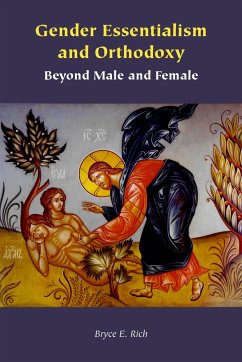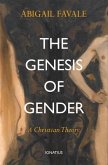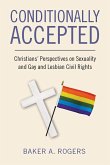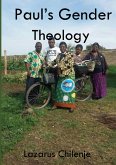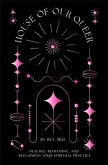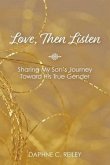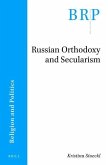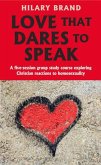"Within contemporary orthodoxy, debates over sex and gender have become increasingly polemical over the past generation. Beginning with questions around women's ordination, arguments have expanded to include feminism, sexual orientation, the sacrament of marriage, definitions of family, adoption of children, and care of transgender individuals. Preliminary responses to each of these topics are shaped by gender essentialism, the idea that male and female are ontologically fixed and incommensurate categories with different sets of characteristics and gifts for each sex. These categories, in turn, delineate gender roles in the family, the church, and society. Gender Essentialism and Orthodoxy offers an immanent critique of gender essentialism in the stream of the contemporary Orthodox Church influenced by the "Paris School" of Russian âemigrâe theologians and their heirs. It uses an interdisciplinary approach to bring into conversation patristic reflections on sex and gender, personalist theological anthropology, insights from gender and queer theory, and modern biological understandings of human sexual differentiation. Though these are seemingly unrelated discourses, Gender Essentialism and Orthodoxy reveals unexpected points of convergence, as each line of thought eschews a strict gender binary in favor of more open-ended possibilities. The study concludes by drawing out some theological implications of the preceding findings as they relate to the ordination of women to the priesthood, same-sex unions and sacramental understandings of marriage, definitions of family, and pastoral care for intersex, transgender, and nonbinary parishioners"--
Bitte wählen Sie Ihr Anliegen aus.
Rechnungen
Retourenschein anfordern
Bestellstatus
Storno

